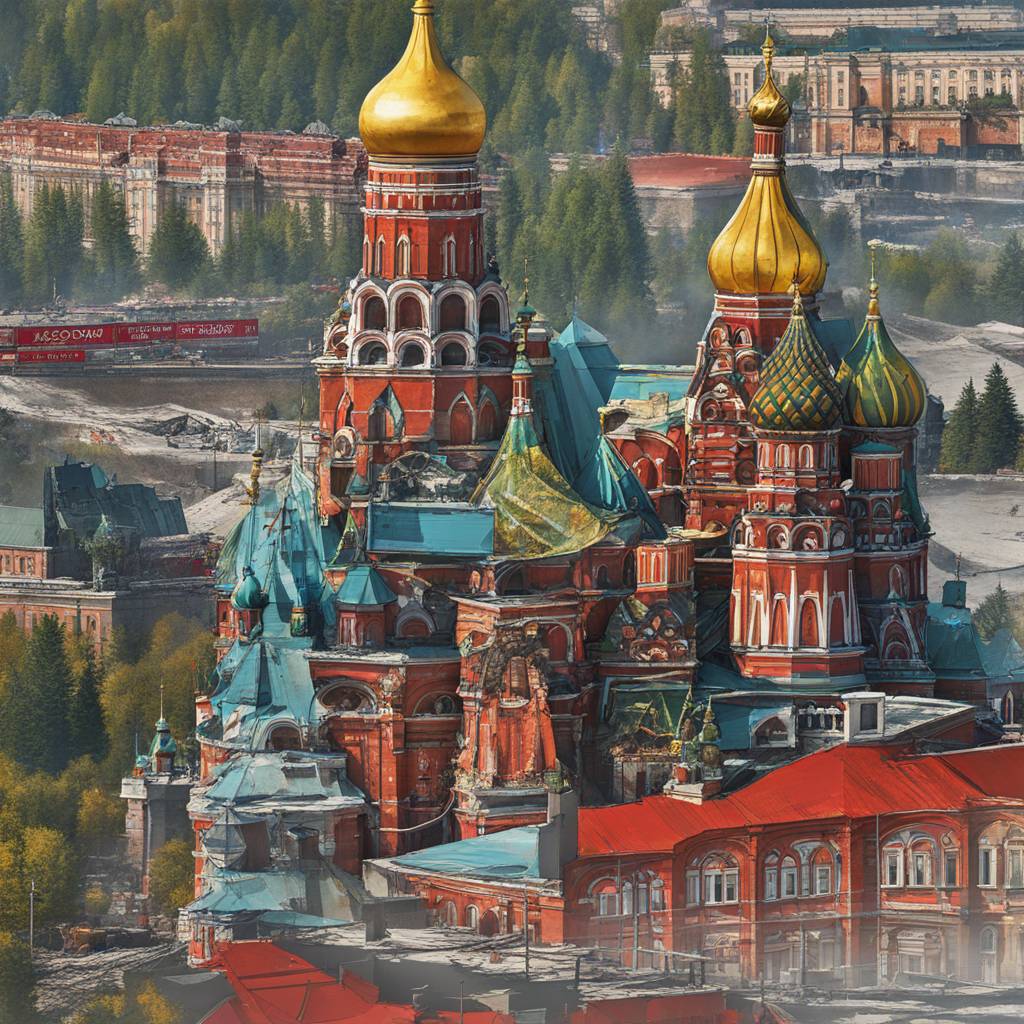The Kremlin has been escalating its narrative that Ukraine was responsible for a deadly terrorist attack in Moscow, with senior officials even claiming that the West conspired with Ukraine to carry out the assault. However, the Islamic State group has already claimed responsibility for the attack, and eight suspects from Kyrgyzstan and Tajikistan have been arrested. Russia now must provide evidence to support its unfounded allegations, which could potentially escalate the conflict in Ukraine. The White House and the U.K. have refuted Russia’s claims, labeling them as Kremlin propaganda.
Russian officials have been actively promoting the narrative that Ukraine, the U.K., and the U.S. coordinated the attack on the Crocus City Hall venue to destabilize Russia and create panic. President Vladimir Putin suggested that Ukraine and its Western supporters were linked to the attack, while the head of Russia’s Federal Security Service accused the U.S., U.K., and Ukraine without presenting any evidence. The Kremlin’s promotion of this false narrative is seen as an attempt to deflect attention from the intelligence failure that led to the terror plot going unnoticed.
Despite the Islamic State group claiming responsibility for the attack, some Russian media personalities have expressed doubt about the attackers’ identities and motives. RT Editor-in-Chief Margarita Simonyan suggested that the attackers were driven by financial gain rather than ideology, pointing to a video in which a suspect claimed he was paid to carry out the attack. The Kremlin continues to propagate the conspiracy theory of Ukrainian and Western involvement, despite discrepancies in the narrative and pushback from international leaders.
Political analysts believe that the Kremlin’s conspiracy thinking is deeply ingrained in Russian society and that President Putin may genuinely believe some of these paranoid theories. The Kremlin’s refusal to back down from its allegations of Ukrainian involvement in the Moscow attack is seen as an attempt to feed on the existing conspiratorial mindset in Russia. While some Russian media commentators have questioned the official narrative, it is unlikely that the Kremlin will retreat from its false claims, as Putin’s level of paranoia and penchant for living in his own reality contribute to maintaining such beliefs.
The ongoing investigation into the Moscow terror attack and the conflicting narratives surrounding it have heightened tensions between Russia and Ukraine, as well as with the West. The Kremlin’s unsubstantiated allegations against Ukraine and the West have been met with skepticism and denial from international leaders, who view them as part of Russian propaganda efforts. As Russia continues to push its false narrative, it remains to be seen how the situation will evolve and whether Moscow will produce any evidence to support its claims.













